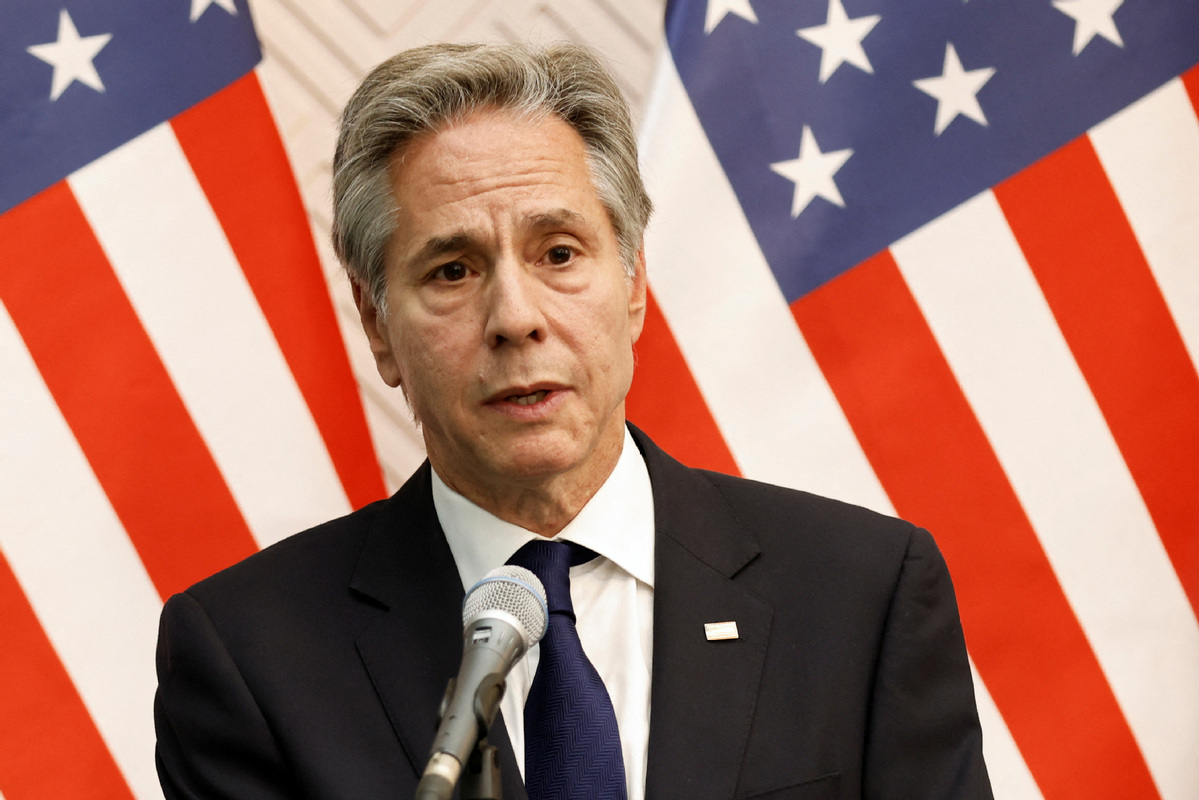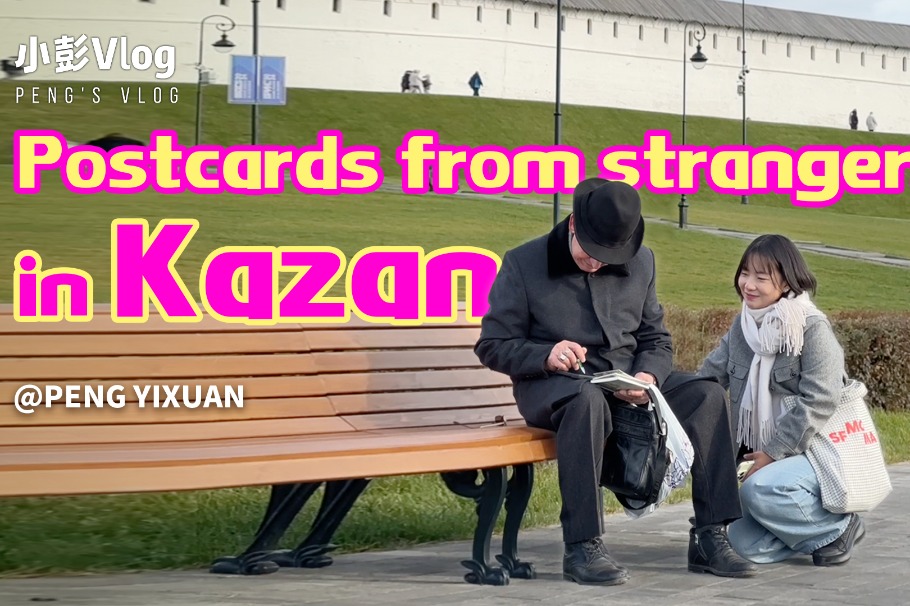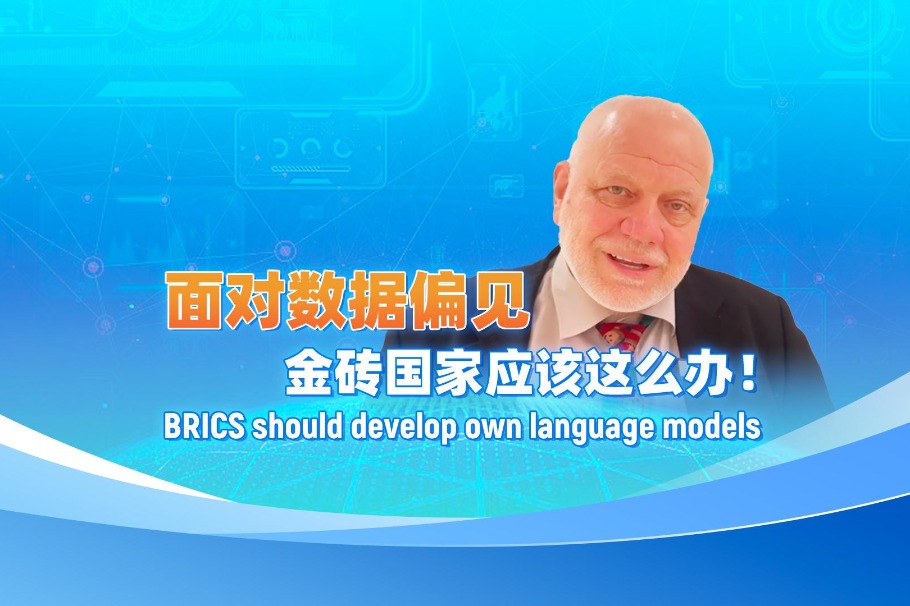Blinken's visit serves to show regional allies' unease that they may be left in the lurch: China Daily editorial


US Secretary of State Antony Blinken concluded his 10-day back-to-back visits to six countries neighboring China — Laos, Vietnam, Japan, the Philippines, Singapore and Mongolia — on Saturday. The visits were aimed at reaffirming the importance of the anti-China alliance the Joe Biden administration has sought to forge in the Asia-Pacific.
The trip is not only the 18th that Blinken has made to the region as secretary of state, but also the first overseas visit by the United States' top diplomat since the withdrawal of Biden from the approaching presidential election. Announced on July 22, the trip was reportedly scheduled hours after Biden quit his reelection bid.
The absence of Blinken's customary valediction that we are becoming stronger together on bidding farewell to the region after his longest visit over the past more than three years serves to indicate the trip was not plain sailing.
The scenarios that unfolded stop after stop over the 10 days should have awakened the US guest to the fact that the optimism the Biden administration displayed on announcing the trip with a lengthy and high-profile we-are-coming news release was largely huff-and-puff.
Instead of projecting "an aura of calm normalcy" to his hosts, it is the latter that have used Blinken's visit to convey to him a sense of unease at the anomaly of the domestic situation in the US.
"We are very happy to see (you) once again," Philippine President Ferdinand Marcos Jr said on Tuesday in Manila. "I am a bit surprised considering how interesting your political situation has become back in the States, but I'm glad that you've found the time to come and visit with us."
In Singapore, Blinken was asked by a senior diplomat about the "noise coming out of the presidential campaign". "Really? I hadn't heard any of it," he replied, to laughter from the audience, before taking a stab at a serious answer, as ABC News reported. "We have these periodic things called elections and I think it's normal that before every election — given the importance of this moment in history that our country has around the world — that of course people ask questions," Blinken said.
But his comment that "there are a number of constants that don't fundamentally change irrespective of who wins a particular election" only served to strengthen his audiences' conviction of the opposite.
By stressing that "If you listen to our fellow citizens, they actually want the United States to be engaged in the world ... They strongly prefer that the United States not engage the world alone", a veiled jab at former US president Donald Trump's "America First" mantra, Blinken only confirmed the validity of his listeners' concerns.
In Japan, the unease was palpable. "We are at a historic turning point," Japanese Foreign Minister Yoko Kamikawa told him and the visiting US defense chief in Tokyo. "As for the US situation, we are watching with keen interest," she said. "But in any case, in order to completely and thoroughly defend the international order, Japan and the US … should continue to enhance our deterrence power."
During the visits, Blinken invariably demurred when asked who would win in November and how it would affect US foreign policy: "One of the benefits of my job is that I don't do politics," he said in Singapore, defaulting to his stock answer.
But in saying that he will stick to the Biden administration's foreign policy during the next six months to try and "advance not only our own interests but the interests of so many of our friends and partners", he offered what sounded like a farewell speech.
That being said, although the Biden administration's commitment to the US' regional allies and partners remains "unwavering", it seems the latter are adopting a cautious drawback from the US' confrontational stance in the Asia-Pacific and a wait-and-see attitude.

































